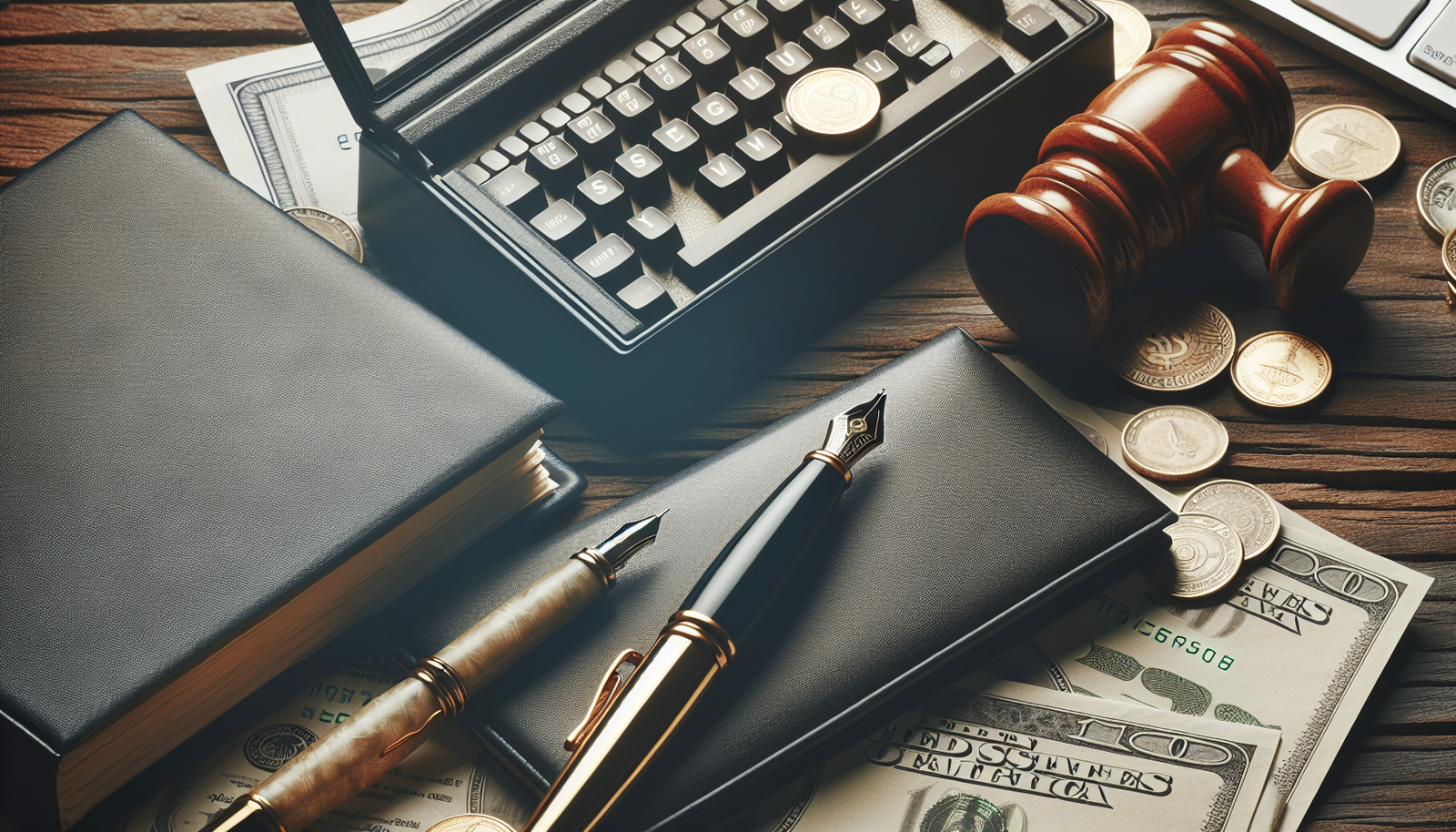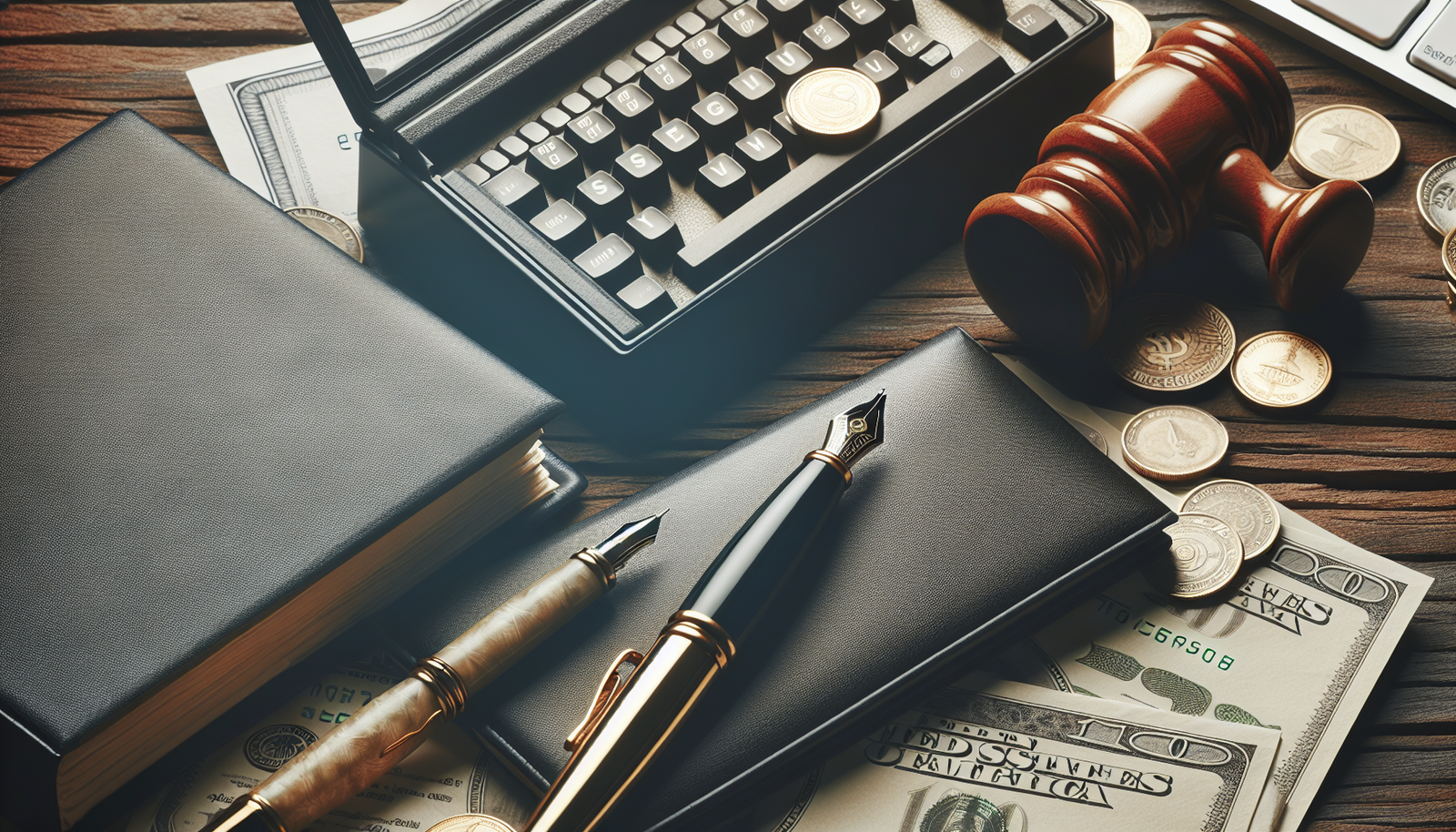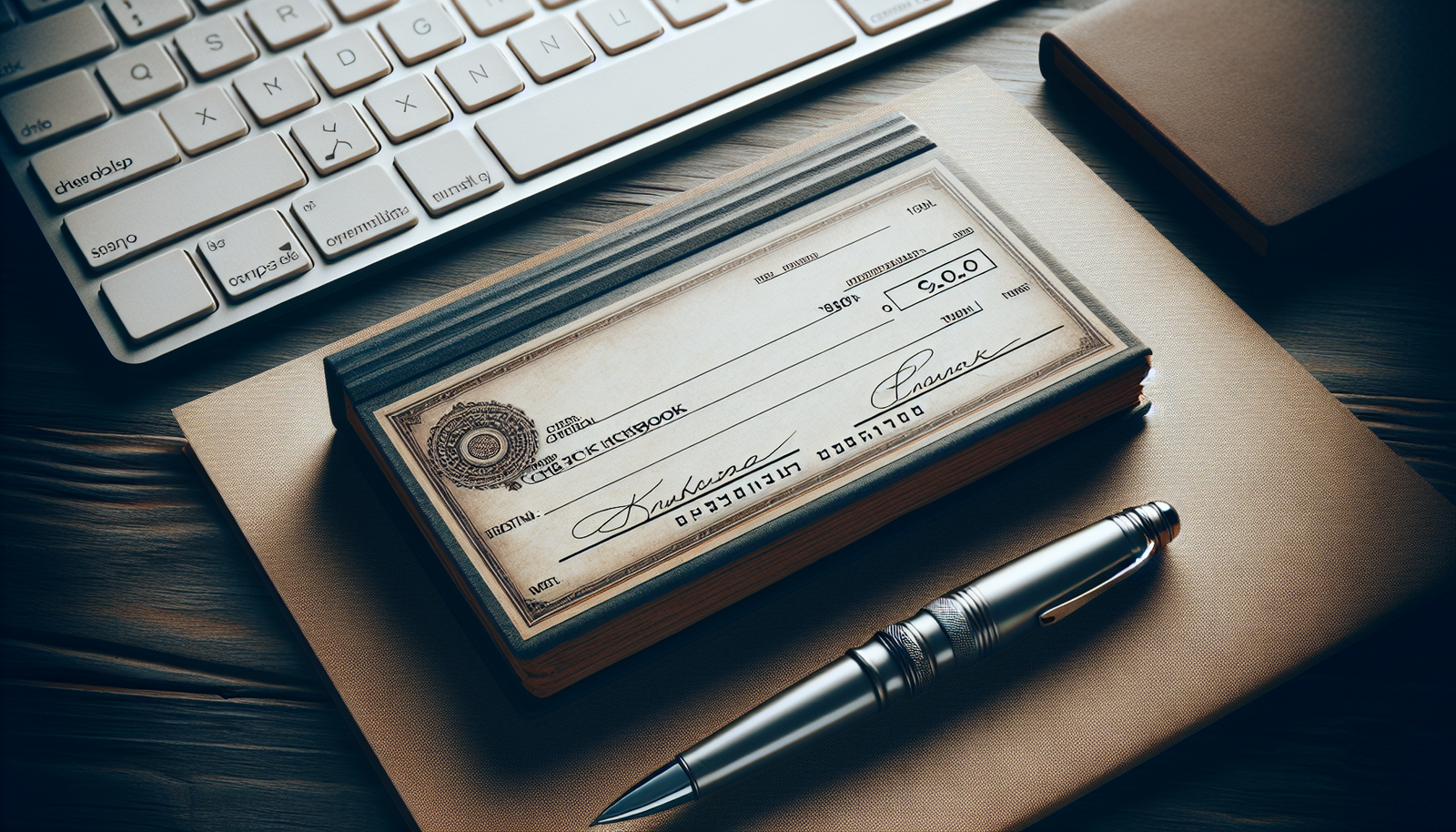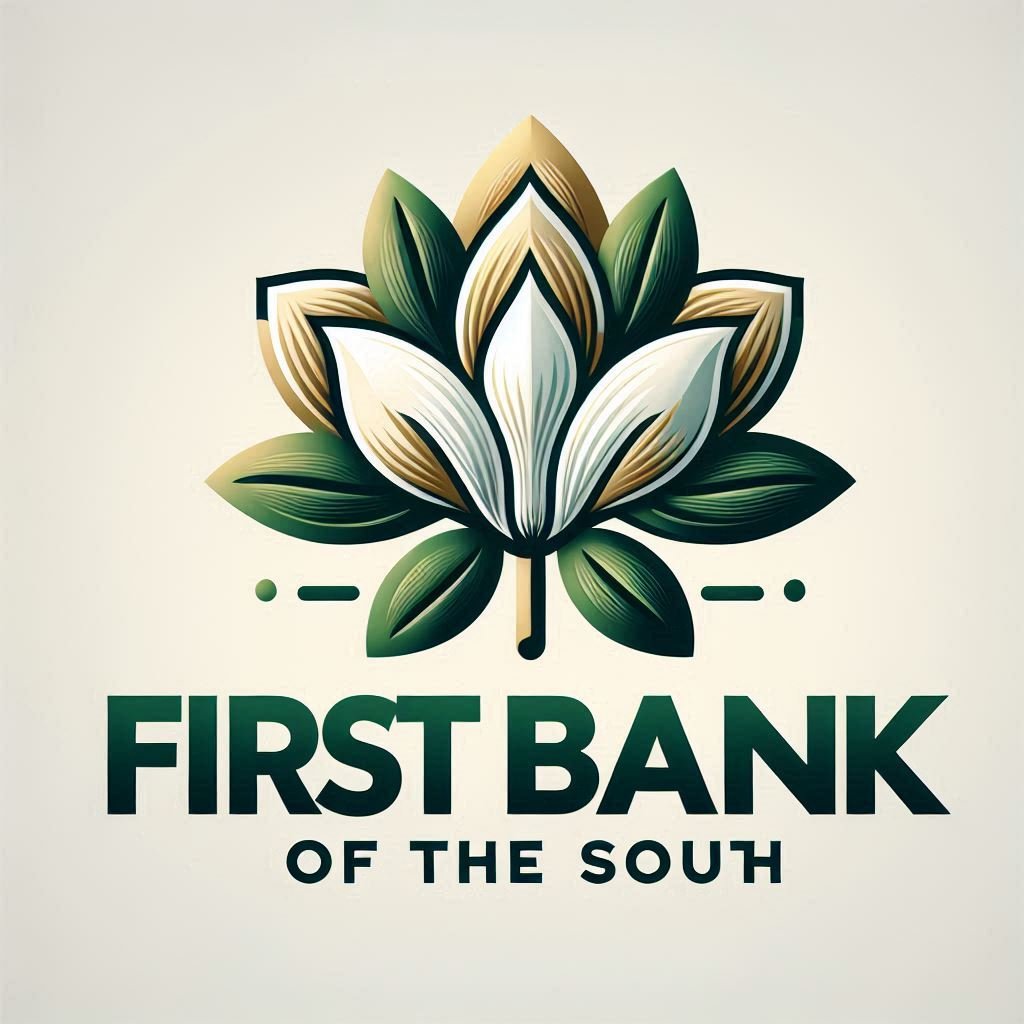
Allow your imagination to unfurl as you immerse yourself in the fascinating world of check payments. Picture the finely wrought script of an old-school personal note dancing across the stage of a piece of paper, an invitation to exchange not just raw currency but a promise. Now, envision that in this kaleidoscopic realm of finance, even the most dwarfed details interlock together like well-synchronized cogs of a grand financial timepiece. This piece will guide you through the intricate ballet of checks – their role, their features, and the intriguing heritage they carry within the breezy chirp of their paper grain. Prepare to voyage into a reflection on check payments, which, despite the digital landscape of the present day, still hold a noteworthy station in the broad theatre of money matters.

Basics of Check Payment
In the ever-changing world of personal finance, some things stay consistent, one of them being the good old-fashioned paper check payment.
Definition of Check Payment
A check payment is a method of payment in which the funds are drawn from a checking account. The payer writes a specified amount on the check and the payee cashes or deposits it to claim the stated amount. A check is a legal document used worldwide and maintained as an acceptable form of payment due to its security and traceability.
Components of a Check
A check comprises several key components. The payer’s name, address, and account number are printed on the top-left side. The right side consists of a date line, pay to the order of line (for the payee’s name), a dollar box for the payment amount in numerical form, and a line for the amount in words. Lastly, the memo line for additional information and the signature line sit at the bottom.
Types of Checks
There are numerous types of checks such as personal checks, cashier’s checks, certified checks, traveler’s checks, etc. Each of them having their own specific use and advantages.
Benefits of Check Payment
In a world that is becoming progressively digital, the advantages of using check payment should not be ignored.
Safety and Security
Checks offer a secure way to pay as they are harder to steal or copy compared to cash. They leave a paper trail that can help prove payment or resolve disputes.
Ease of Record-Keeping
Check stubs provide excellent record-keeping tools. They enable you to conveniently track your expenditures and maintain a historical record of the payments you have made.
Broad Acceptance
Despite the growth of electronic and card-based payments, checks continue to be widely accepted across businesses and individuals, making them a reliable form of payment.
Process of Writing a Check
For those unfamiliar, writing a check might seem daunting, but once you know the process it is quite straightforward.
Filling out the Amount
The first step of writing a check is filling in the date and the amount. The amount goes on the right-hand side and must be filled both in numbers and words to avoid alteration or confusion.
Writing the Payee’s Name
The next step is writing the payee’s name on the line that says ‘pay to the order of.’ It is essential to correctly spell the payee’s name to prevent issues during encashment.
Signing the Check
Lastly, the payer must sign the check at the bottom right. Without a signature, your check will not be valid.

Process of Paying by Check
Now that you know how to write a check, let’s walk through how to pay by one.
Handing Over the Check
Simply hand over the penned check to the payee as a form of payment.
Check Clearing Process
The payee will deposit or cash the check at their bank. From there, the bank will process the check and transfer the specified amount from the payer’s account to the payee’s.
Record Keeping After Paying by Check
Make sure to record the check number, date, payee, and amount in your check register for tracking purpose and future references.
Potential Problems with Check Payment
Though check payments come with several benefits, they also have few drawbacks that need to be considered.
Post-Dated Checks
A post-dated check presents a risk of being cashed before the mentioned date, which might lead to insufficient funds in your account.
Bounced or NSF Checks
Writing a check with non-sufficient funds (NSF) can lead to the check bouncing. This usually results in financial penalties from both banks involved.
Fraud Risk With Checks
Check fraud is a potential risk posed by the misuse of checks. It involves forging, altering, or faking checks to illegally gain access to funds that do not belong to the perpetrator.
Digital Checks
In an ever more digital world, even the traditional check payment method is evolving.
Advantages of Digital Checks
Digital checks have essentially all the benefits of paper checks, but without the need for physical presence or post. Plus, they offer faster and simpler transactions and record-keeping.
Process of Using Digital Checks
You can use a service that specializes in digital checks, or your existing bank may offer this feature. Write and send the check digitally to the payee who can cash it via their banking service.
Safety Concerns with Digital Checks
While the digital world provides convenience, it also comes with safety concerns. Users must be cautious with their personal information and banking details to avoid online fraud.
Alternatives to Check Payment
While checks have their place in the payment spectrum, there are other alternatives to consider.
Debit and Credit Cards
Debit and credit card transactions are quick, efficient, and widely used. They also have the benefit of purchase protection.
Online Transfers and Payments
Online transfers and payments can be made through various channels like bank transfers, payment gateways, and mobile payment apps. These channels offer convenience and are typically secured with encryption.
Cash Payment
The oldest form of payment, cash, remains king for transactions requiring instant gratification.
Legal Aspects of Check Payment
There are certain legalities associated with check payments that are important to know.
Legal Protections for Consumers
Numerous laws and guidelines protect consumers in case of fraudulent check transactions. In many cases, consumers are not liable if they report fraud promptly.
Penalties for Check Fraud
Check fraud individuals can be subject to heavy penalties, including fines and imprisonment.
Responsibility for Stolen Checks
In most cases, the bank assumes responsibility for losses from forged or altered checks, as long as the account holder informs the bank within a specified time.
Changing Trends in Check Payment
With innovations in payment methods, the use of checks has drastically changed.
Declining Use of Checks
As per Federal Reserve studies, the use of checks is decreasing annually with the rise of digital transactions.
Impact of Technology on Check Payment
Technology has lessened our reliance on physical checks but also introduced digital checks and improved check security features.
Future of Check Payment
While check usage is declining, they are likely to remain a significant payment instrument for certain segments of the economy.
Check Payment VS Other Payment Methods
Each payment method, including check payment, has its own advantages and disadvantages.
Check Payment VS Digital Payment
While checks offer safety and traceability, digital payments provide speed and convenience. However, digital payments require internet access and involve the risk of digital fraud.
Check Payment VS Cash Payment
While cash is immediate and requires no processing time, checks can be securely transported and tracked.
Advantages and Disadvantages of Check Payment
On the plus side, check payments offer safety, broad acceptance, and easy record-keeping. On the downside, they require more processing time than digital or cash payments and carry potential problems like NSF or fraud risk.
In consideration of all this, it’s clear that despite emerging payment technologies, the traditional method of check payment still holds a pertinent spot in the personal finance world. Be it for security reasons or mere convenience, checks surely aren’t going away anytime soon.

Leave a Reply